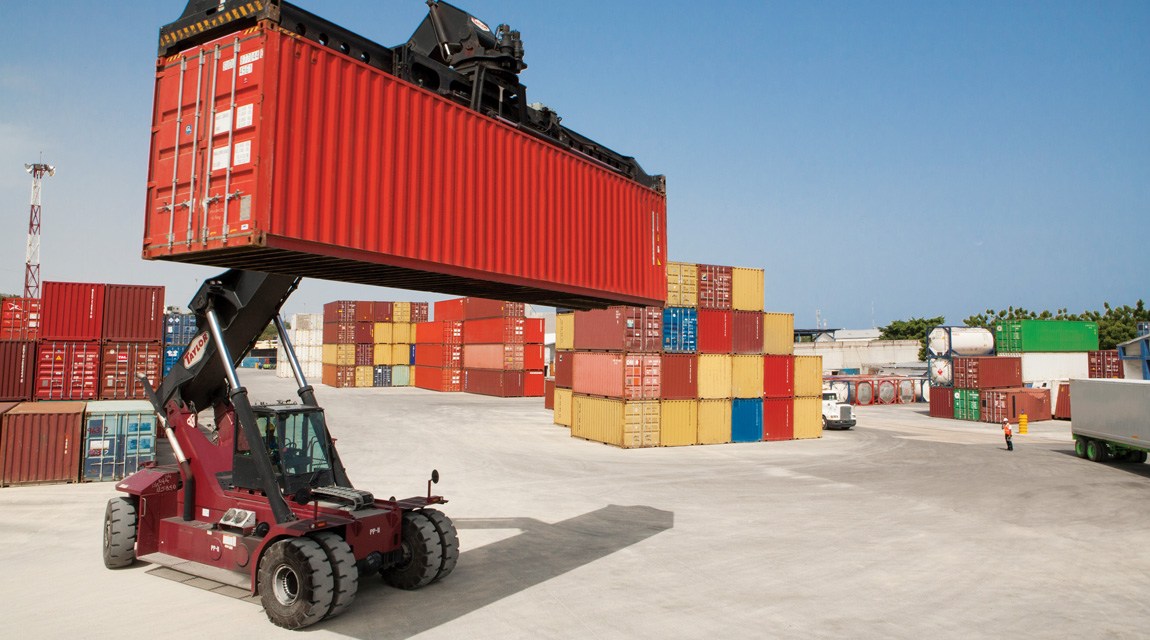Connecting the Dots

Service providers in the logistics network should be protected from liabilities.
It is not uncommon for freight operators to appoint dedicated agents in other jurisdictions as sub-contractors, or independent service providers. Such agreements are essential to create a functional logistics web to enable a freight operator to move, store and handle customers’ goods using known and trusted entities around the world.
Often, these service providers appear as shippers or consignees in the transport documents (such as bills of lading and waybills) that the freight operator negotiates with carriers. Alternatively, the service providers may be carriers, or warehouse keepers for goods stored at the service providers’ premises pending packing and despatch.
These “logistics networks” need contractual certainty and efficiency, which requires regulating the relationship between the freight operator, service provider and customer. This protects service providers from any unprotected direct liability to the customer.
All too often, a service provider of the freight operator, appointed as its sub-contractor, is sued by the customer if goods are lost or damaged while in the agent’s care and custody. Without contractual protection, service providers are exposed to claims with only scant common-law protection.
Most bills of lading and waybills have clauses allowing the carrier’s service providers to rely on the benefits and limitations afforded to the carrier. If a shipper or consignee sues a stevedore, for damage caused to goods during discharge, the stevedore appointed by the carrier can rely on the defences and limitations available to the carrier under its contract of carriage with the shipper or consignee.
Known as “Himalaya” clauses, or terms for the benefit of third parties, they preserve a clear contractual line between the carrier and the customer, which protects the subcontractor of the carrier.
Freight operators and subcontracted service providers should use this same contractual construct in their agreements. The freight operator should take responsibility for the proper performance of the logistics agreement with the customer, who, in the event of loss or damage to the goods, should be required to look only to the freight operator for relief.
Ideally, the benefits of any defences or limitations available to the freight operator will extend to the sub-contracted agent, so that, if sued, the subcontractor can rely on those defences and limits as against the customer.
If the freight operator does not wish to subcontract its obligations, the agent must make sure that the freight operator includes in its agreement with the customer a provision that the freight operator acts as an agent for any third-party service provider, and that, in so acting, the relationship between the customer and the service provider will be determined by the service provider’s standard trading terms.
The consequences of the freight operator not suitably protecting any service provider may leave the service provider exposed if goods are lost or damaged while in the service provider’s care, custody and control – and not just in respect of the customer claims.
Most service providers in the freight industry have liability insurance policies that are subject to the condition that the service provider must carry on business in terms of the protective provisions of its standard trading terms.
If these are found not to apply, the liability insurers may not be obliged to indemnify the service provider if it is found liable to the customer, or to fund the defence of any claim brought against the service provider.
Published by
Andrew Robinson
focusmagsa




